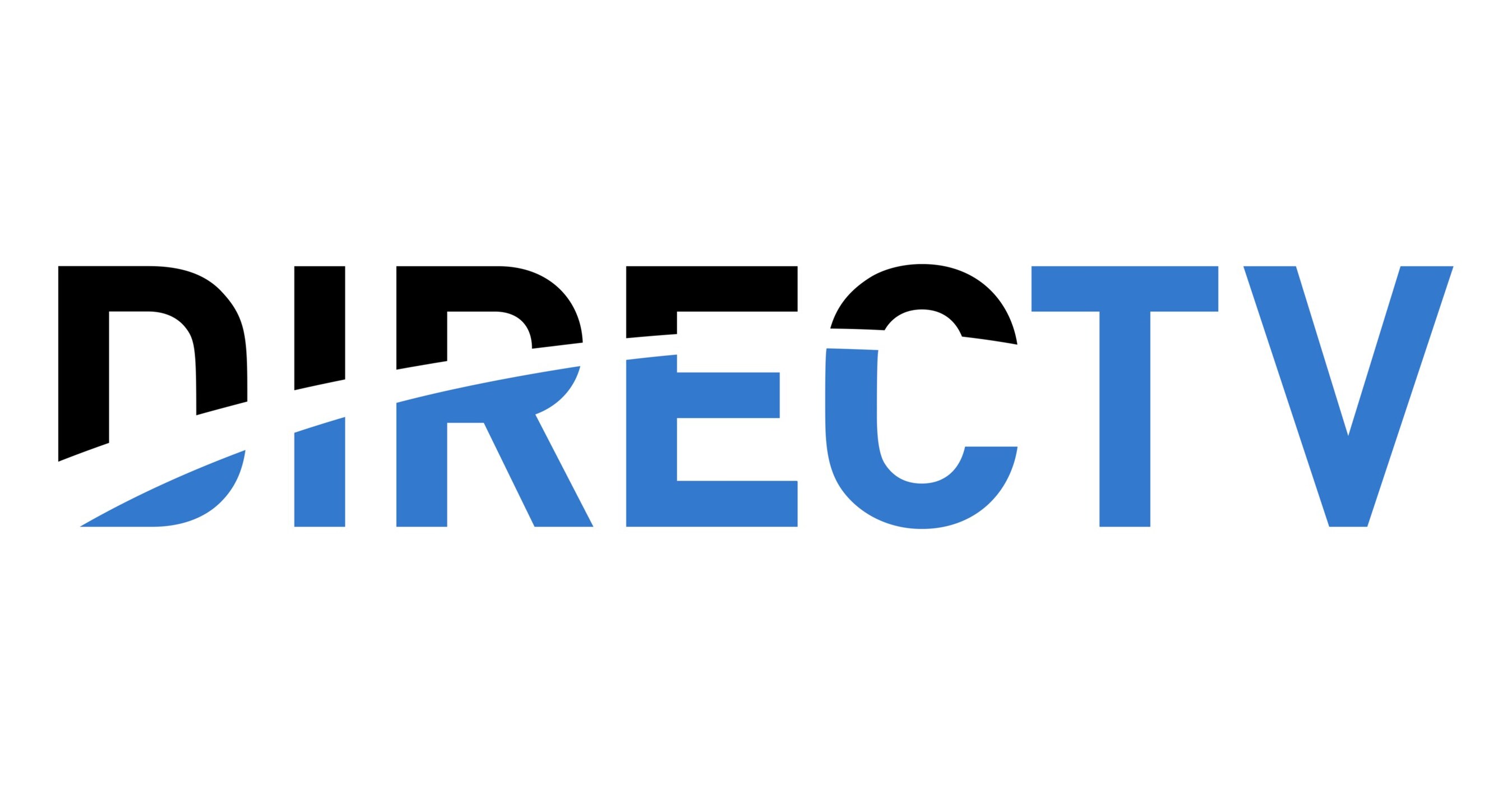Bussiness
‘I am a capitalist’: Harris promises ‘pragmatic’ economic approach

Teamsters will not endorse Trump or Harris in Nov. election
STORY: The Teamsters union said Wednesday they won’t endorse any U.S. presidential candidate for the first time since 1996. That’s despite a majority of members backing Donald Trump over Kamala Harris in polls. A recent poll the Teamsters released Wednesday shows 59.6% of its members preferred the Republican candidate, compared to 34% for Democrat Harris. The union counts some 1.3 million
WASHINGTON — After pledging if elected president to crack down on companies that prey on consumers, Kamala Harris set out to prove on Wednesday that she’s a capitalist whose policies would be a boon for businesses that play by the rules.
Harris told business leaders in Pittsburgh that she believes most companies do seek to do right by their workers and customers. The Democratic nominee, who has spent her entire career in government and wants to increase taxes on corporations, said she would actively pursue relationships between her administration and the business community.
“I’ve always been and will always be a strong supporter of workers and unions,” Harris said to applause. “I also believe we need to engage those who create most of the jobs in America. Look, I am a capitalist. I believe in free and fair markets. I believe in consistent and transparent rules of the road to create a stable business environment.”
Harris’ first major economic proposal of the 2024 race was a pledge to sic government attorneys on companies suspected of charging too much for food and groceries and direct them to scrutinize potential mergers between top food companies.
She has also proposed lowering housing costs by barring Wall Street investors from buying homes in bulk, a practice that Democrats say is soaking up inventory and driving up costs for American families. Harris says she will put a $35 a month cap on insulin and limit out-of-pocket costs for prescription drugs to $2,000 a year.
Republican presidential nominee Donald Trump has claimed that Harris is a “Marxist” — she says she’s a capitalist — and given her the nickname “Comrade Kamala” over her campaign plans, which include a proposed federal ban on price gouging in the food and grocery industries as a way to ease inflation. It is one of the few proposals that Harris has put forward that is not a continuation or expansion of Biden administration priorities.
Harris has also proposed tax incentives to get builders to construct properties that are meant for first-time homebuyers and said she’ll expand a deduction for entrepreneurs from $5,000 to as much as $50,000 to fuel small business creation.
The Democratic nominee says she will pay for her proposals by increasing the corporate tax rate to 28% from the 21%, a rate cut that Republicans in Congress pushed through when Trump was in office. Trump has said that if he is reelected, he’ll lower the rate to 15% for companies that make their products in the U.S.
“With the vision I’m outlining today, not only will we stop our businesses from leaving for foreign lands, but under my leadership, we’re going to take other country’s jobs,” Trump said in a Tuesday speech on the economy in Georgia.
Harris lays out economic ‘philosophy’ in Pittsburgh
In her Wednesday speech, Harris said she would encourage partnerships between government and private businesses as way to expand the middle class.
Harris leaned into her middle-class upbringing to underscore that she would take a practical approach to economic policy that balances the needs of business and families that are trying to stay afloat.
“As president I will be grounded in my fundamental values. of fairness, dignity and opportunity. And I promise you, I will be pragmatic in my approach,” Harris said at the Economic Club of Pittsburgh.
Borrowing a phrase from former President Franklin Delano Roosevelt, Harris said she would pursue “bold, persistent, experimentation” that is not “constrained by ideology” and seeks “practical solutions” to problems that applies metrics and facts and stays focused on crises and long-term goals for the country.
Among the proposals that Harris touted: a $6,000 child tax credit for families with newborns and $25,000 in down payment assistance for first-time homebuyers.
“I don’t want you to have to worry about making your monthly rent if your car beaks down, I want you to be able to save up for your child’s education, to take a nice vacation from time to time. I want you to be able to buy Christmas presents for your loved ones without feeling anxious when you’re looking at your bank statement,” Harris said. “I want you to be able to build some wealth.”
Harris said she would cut taxes for middle-class Americans and provide every American access to paid leave that can be used for caregiving of children and elder parents.
She invoked her late mother, a cancer researcher at a federally-funded laboratory, who she said she had to take care of when she was diagnosed with the illness, and contrasted her vision for a “strong middle class” to Trump’s agenda.
“He has no intention to grow our middle class. He’s only interested in making life better for himself and people like himself —the wealthiest of Americans. You can see it spelled out in his economic agenda,” Harris said in Pittsburgh.
Heartburn over Harris, Trump economic policies
Harris and Trump have been light on details of how their plans would bring down costs.
Trump has said he will go around Congress to impose across-the-board tariffs of up to 20% or more on foreign imports. Harris and some economists have equated the Republican’s proposal to a sales tax that could hurt consumers and U.S. companies alike.
To enact most of her proposals, Harris would to work with the legislative branch. For example, a price gouging ban and the tax deductions for businesses and consumers that she’s proposing would require congressional approval.
Economic agendas in focus
Harris’ choice to make her economic case to the business community in Pittsburgh is a sign of how her campaign is viewing the race six weeks out from the election. It’s a major industrial city that she has visited repeatedly in the roughly two months since she became the Democratic nominee, including during her preparations for her one and only debate against Trump.
Trump had an almost six-point edge over Harris when it came to the economy in a USA TODAY/Suffolk University poll released earlier this month. The national survey gave Harris a four-point lead in the race overall. A separate survey of Pennsylvania found Harris narrowly ahead of Trump in Pennsylvania. The result was in the margin of error.
Her campaign this week touted a letter from more than 400 economists endorsing her over Trump. The letter said Trump’s policies could fuel inflation, hurt GDP growth and increase unemployment.
Contributing: Swapna Venugopal Ramaswamy









